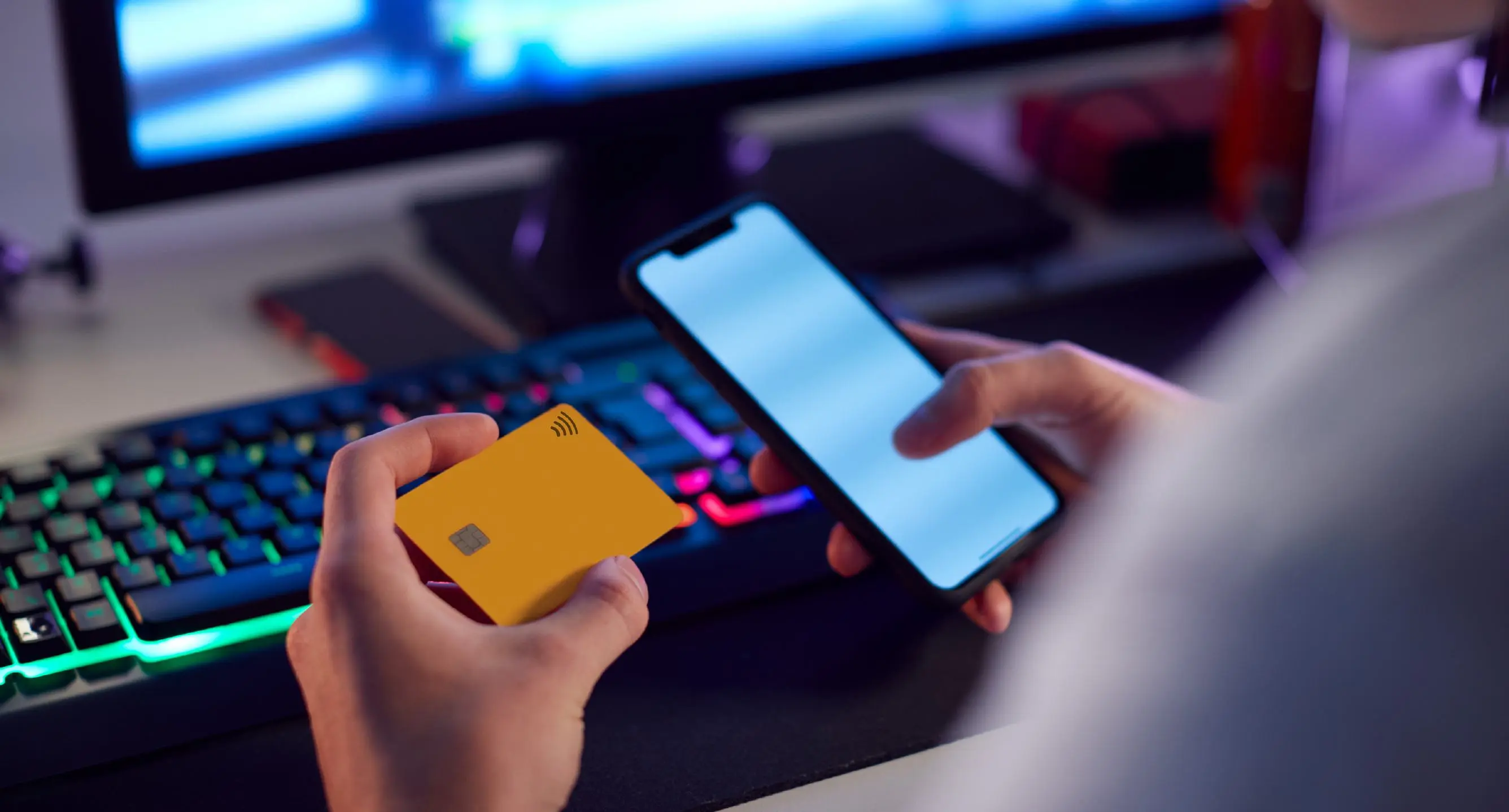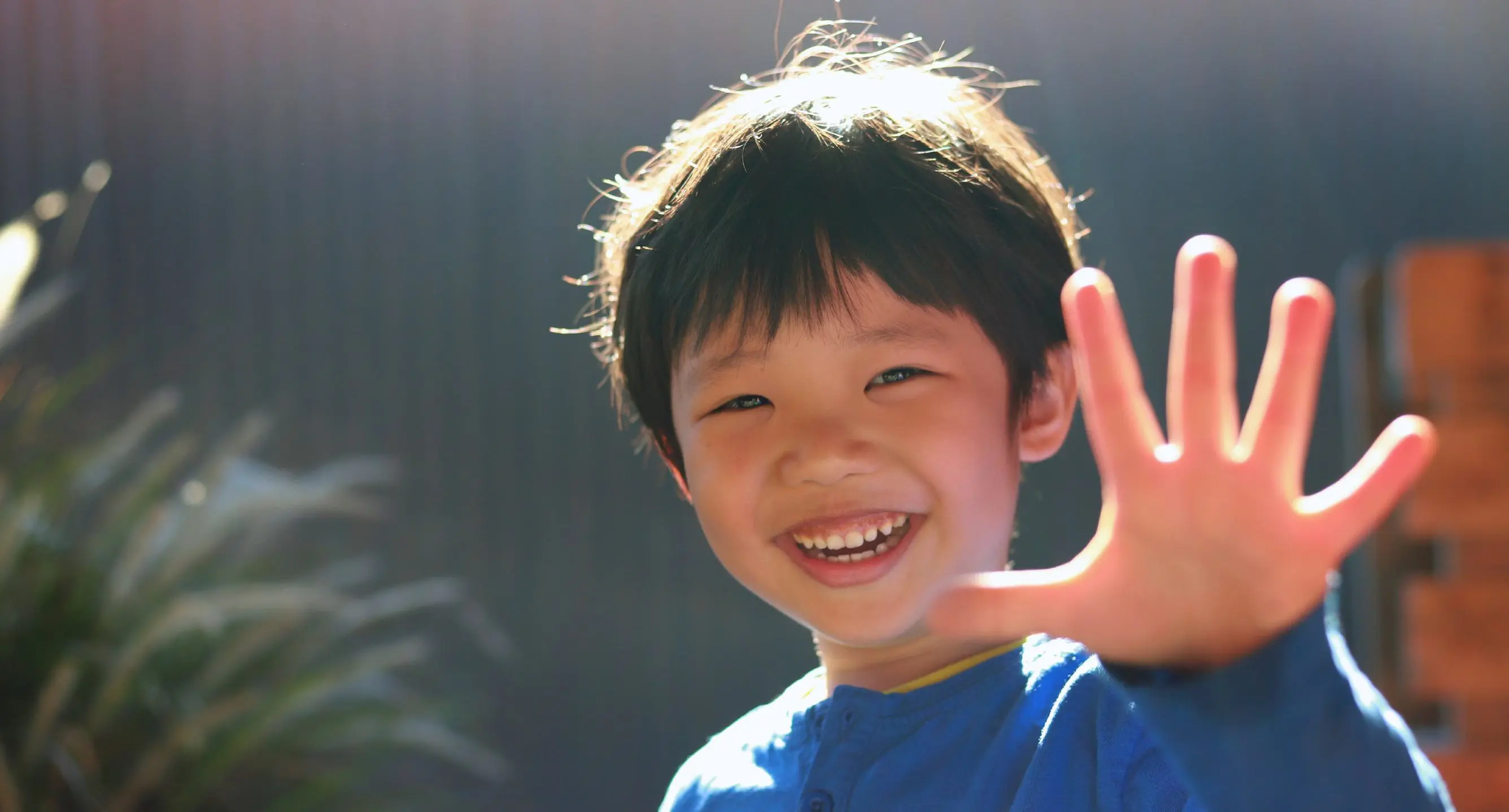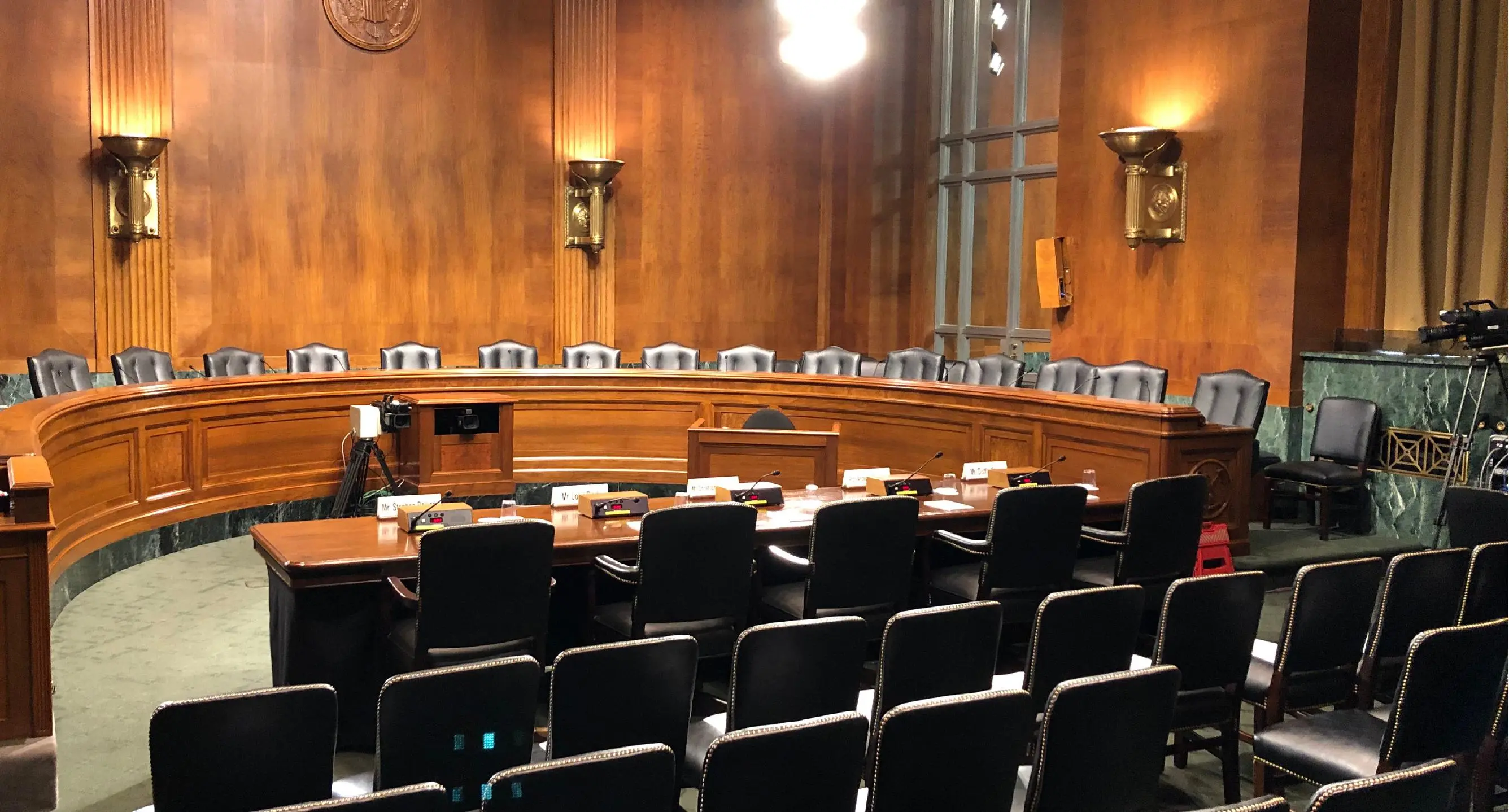Join the Movement - Sign the Delay Manifesto 📑


Robinhood and Teen Gambling
What is the Robinhood app?
Robinhood is a simple investing app. You can dabble in stocks, (mutual) funds, options, gold, crypto(currency). It has a smooth interface and was literally made for the average person to quickly get into trading.
Its marketing says, “Investing for everyone,” and lures in first-time users with “Sign up and get your first stock for free.” It’s slick. Investing in the stock market has often felt out of reach for the “average” person, but Robinhood bridges the gap. In 2021, it was rated 4+ in Apple and Everyone in Google Play, even though users must be age 18+. Years later, Robinhood is now accurately rated 17+ on both app stores.
How did Reddit impact the stock market?
Reddit is an app that flies mostly under the radar with parents. In fact, it’s part of the “undercover 3” apps that millions of kids are using (Discord, Reddit, Twitch), but because it’s not social media, parents often ignore it. Friends, Reddit is a force. It’s a top 10 website in the USA (link), in front of Netflix, eBay, and Walmart. It’s a 17+ rated app that contains millions of subreddits (small forums) and hundreds of millions of subscribed users (link).
Most recently, an idea that started in Reddit caused waves throughout the free market system, almost causing a multi-billion-dollar hedge fund to go bankrupt. It’s such a powerful illustration of the herd-like power of Gen. Z concentrated through digital media, and how older generations continue to ignorantly dismiss their ability to make waves. #okboomer
What happened with Game Stop?
For those who aren’t familiar with what happened recently with Game Stop stock, here’s a quick refresh:
- Several large hedge funds announced that they were betting against the brick-and-mortar gaming store by shorting their position.
- Shorting a stock position means that they were betting that the stock price would go down. They borrowed stock now, at the higher price, sold it at the higher price, and hoped that the price would continue to decrease so that they could buy it back at a lower price and make profit.
- The Subreddit /WallStreetBets wasn’t too thrilled about this short and so their Reddit community started buying up large quantities of Game Stop stock. They did the same thing with stock for AMC, Blackberry, and others.
- This increase in demand caused prices for these stocks to SOAR. This is good if you own stock at the low price. But this is big trouble if you owe someone else stock that borrowed at $19.94 on January 11 that now costs $347.51. The lender will want you to shore up your position with more collateral, which is the spot that billion-dollar hedge funds Melvin Capital and Citadel found themselves in (link).
- Enter Robinhood – a securities trading app rated 4+ by Apple. On February 5, 2020, it was the #4 most downloaded free app in Apple’s app store. More daily downloads than Instagram, Snapchat, and Facebook. Robinhood is now in a pinch because on January 28, they halted buying of Game Stop and only allowed sales. Investors speculated that these big hedge funds put the screws down on Robinhood’s CEO and pressured the company to push the price back down, eliminating the squeeze.
How is Robinhood impacting teens?
Teens follow the news. Too many adults completely dismiss the fact that kids and teens know what’s happening in the world with amazing accuracy. A middle school principal told me about how sixth graders in her school told teachers that something wrong was happening at the Capital on January 6, when teachers turned on the news to see the US Capital being stormed.
Today, I spoke with leadership at an all-boys high school. They told me about the growing trend of young men investing significant money in the market using Robinhood.
From talking to this school, lunchtime is dominated by guys checking their portfolios. And they’re also seeing a pivot toward sports betting apps like DraftKings and FanDuel.
This has made them nervous about the impact that these apps are having on the minds and finances of these young men.
I’m all for teens learning about the stock market. But I’m not sure that their brains can fully handle the dopamine-driven anticipation of the increase in a stock value. It’s this anticipation of reward that drives all of us to check our Instagram notifications constantly throughout the day, hoping that our likes, comments, or DMs are through the roof.
So far, we’re familiar with three primary ways that teens are gaining access to an app that requires users to be 18+:
- Parent sanctioned supervised usage – parents set up the account and use it with their kids.
- Parent sanctioned unsupervised usage – more common in wealthy families where parents allow their teens to use the app but mostly on their own.
- Kid sneaky usage – kids grab a parent ID (license), social security number, and credit card to get past the age verification. Kids can also attach the trades to a kid-owned bank account instead of a credit card, which is sneakier, since transactions would go unnoticed (unless parents are watching their kid’s bank activity).
How does gambling impact the teen brain?
Variable rewards are the backbone of digital engagement. The anticipation of receiving something favorable compels us to keep trying. Gaming companies use this technique by hiding ores underground (Minecraft) or swag in the arena (Fortnite).
BK Skinner recognized the power of variable rewards decades ago:
“Skinner observed that lab mice responded most voraciously to random rewards. The mice would press a lever and sometimes they’d get a small treat, other times a large treat, and other times nothing at all. Unlike the mice that received the same treat every time, the mice that received variable rewards seemed to press the lever compulsively.” (link)
The stock market isn’t exactly a variable reward system. But the variability of the stock market, which is often unpredictable, mimics some of the neurological responses that using a slot machine, gambling, or sports betting app might elicit.
And, that darn under-developed prefrontal cortex (see PYE post about pornography and neurology) that plagues adolescent decision-making with low wisdom and high impulsivity, make stock trading and sports betting difficult to control.
What can parents do in response to Robinhood?
We want parents to ask constantly themselves “How can I build Digital Trust with my kids in this situation?” Building often happens when parents do five things persistently and consistently:
- Copy me – modeling the right behaviors.
- Co-play – doing technology with kids.
- Curiosity – be open and positive during tech interactions.
- Conversations – talk to them about everything. All the time.
- Coaching – remember it’s me with Not me against you. We use certain controls because I care about you. Not to spy on you.
(Check this PYE Instagram post for more details about Digital Trust)
Applying digital trust to the Robinhood situation might look something like this:
- If your child shows an interest in the stock market, open up an account with them. Maybe you use Robinhood on your phone and build a portfolio together.
- Curiously ask your child if their friends have been talking about Game Stop or Robinhood. Then just listen.
- We do think it’s wise to openly (not secretly) monitor what apps are being downloaded by kids with smartphones. Robinhood is rated 4+ by Apple and Everyone by Google, which means Screen Time (through Family Sharing) and Family Link (with parent approval) can be used to approve app downloads. Bark is a paid solution that can help monitor app downloads.


What if I have more questions? How can I stay up to date?
Two actions you can take!
- Subscribe to our tech trends newsletter, the PYE Download. About every 3 weeks, we’ll share what’s new, what the PYE team is up to, and a message from Chris.
- Ask your questions in our private parent community called The Table! It’s not another Facebook group. No ads, no algorithms, no asterisks. Just honest, critical conversations and deep learning! For parents who want to “go slow” together. Become a member today!

A letter from our CEO
Read about our team’s commitment to provide everyone on our global platform with the technology that can help them move ahead.
Featured in Childhood 2.0
Honored to join Bark and other amazing advocates in this film.
World Economic Forum Presenter
Joined a coalition of global experts to present on social media's harms.
Testified before Congress
We shared our research and experience with the US Senate Judiciary Committee.


















